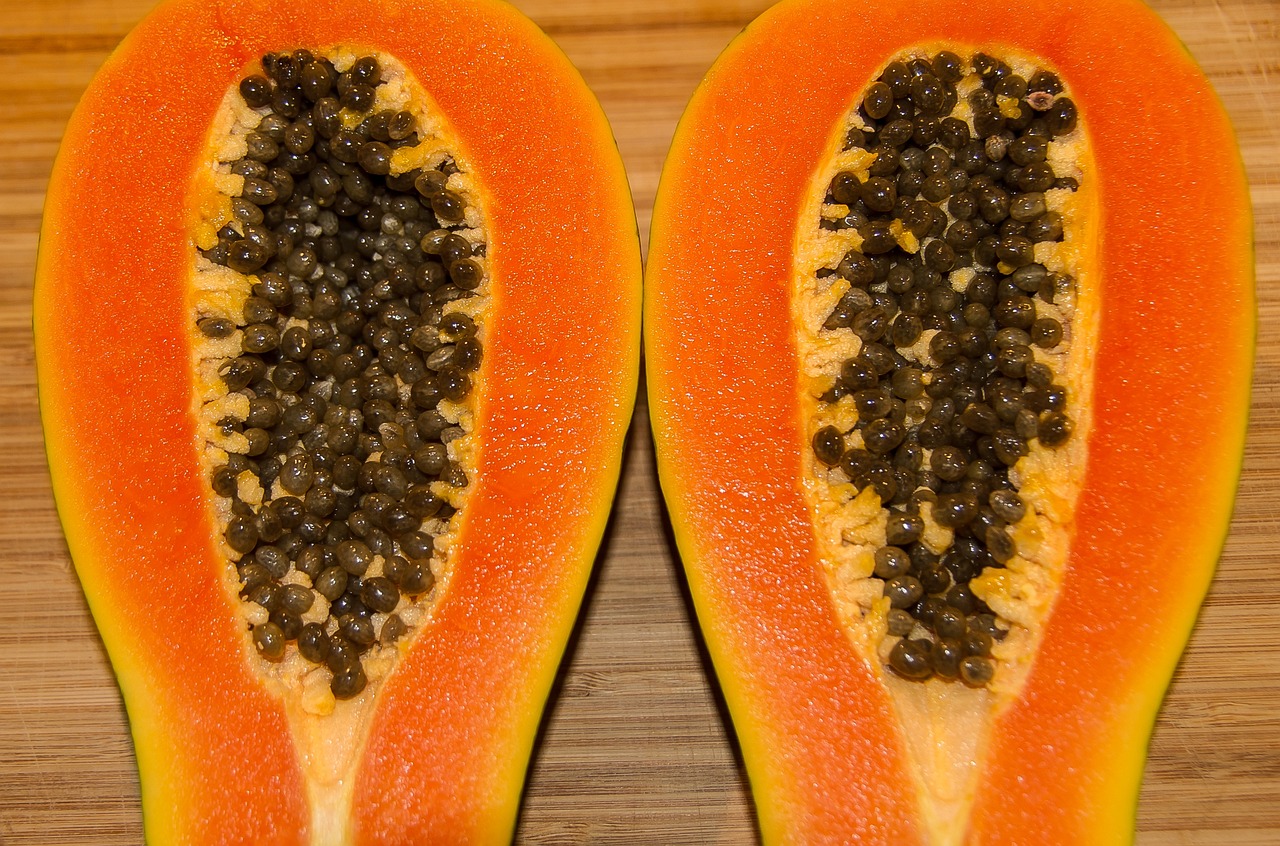Diving into the relationship between dietary preferences and cognitive well-being, a comprehensive study of British adults unveils intriguing findings. Rather than advocating for specific diets, researchers explore how individuals' food likes and dislikes correlate with their mental acuity and overall brain health.
Examining the dietary habits of nearly 182,000 older adults in Britain, the study breaks away from conventional diet-centric research. Instead, it focuses on the intricate connection between diverse food preferences and mental wellness. Surprisingly, individuals with broader culinary preferences demonstrate better mental health and cognitive performance compared to those with more restricted diets.
Lead researcher Jianfeng Feng, from the Institute of Science and Technology for Brain-Inspired Intelligence at Fudan University and the University of Warwick, emphasizes the significance of balanced dietary choices. The study suggests that rigid dietary patterns, such as strict vegetarian or high-protein regimens, may not necessarily promote optimal well-being.
Picky Eaters vs. 'Balanced' Eaters
Published in the journal Nature Mental Health, the research draws data from the extensive U.K. Biobank study, offering insights into the food inclinations of participants. Through a detailed "food-liking" questionnaire encompassing 140 food and beverage items, respondents ranked their preferences on a nuanced hedonic scale.
Analyzing the responses, researchers observed that 57 percent of participants exhibited a balanced preference across various food categories, while others displayed more selective tastes. Some favored starch-free or vegetarian options, while others leaned towards protein-rich diets with less fiber.
Challenging Prevailing Notions of Healthy Eating
Interestingly, the study contradicts common assumptions about dietary health. Participants who leaned towards fruits and vegetables over protein-rich foods, typically associated with a vegetarian diet, showed increased susceptibility to mental distress symptoms. Similarly, those favoring high-protein, low-fiber diets reported higher levels of anxiety and reduced well-being.
It's essential to recognize that the study reveals associations rather than causal relationships between food preferences and mental health outcomes. Factors beyond diet could influence mental health scores among participants.
A Link Between Food and Brain Health
This research contributes to a growing body of evidence highlighting the profound impact of diet on brain health. While high-sugar, fatty diets are linked to cognitive decline, Mediterranean diets rich in fruits, vegetables, fish, and olive oil show promise in reducing Alzheimer's risk.
However, the study's observational nature comes with limitations. The data reflects food preferences rather than actual dietary intake, and participants in the U.K. Biobank are generally healthier than the general population. Nonetheless, the findings underscore the importance of a diverse and balanced diet in preserving cognitive function and overall well-being.










